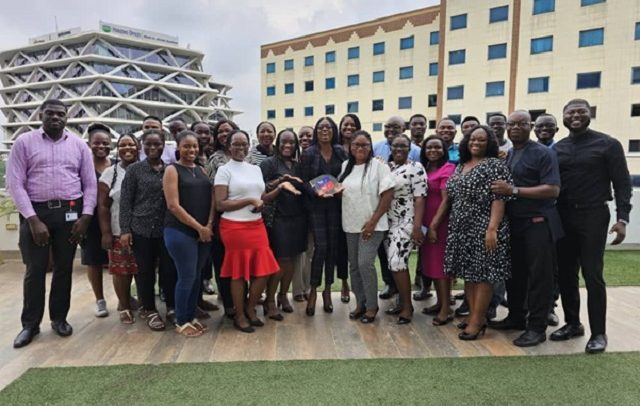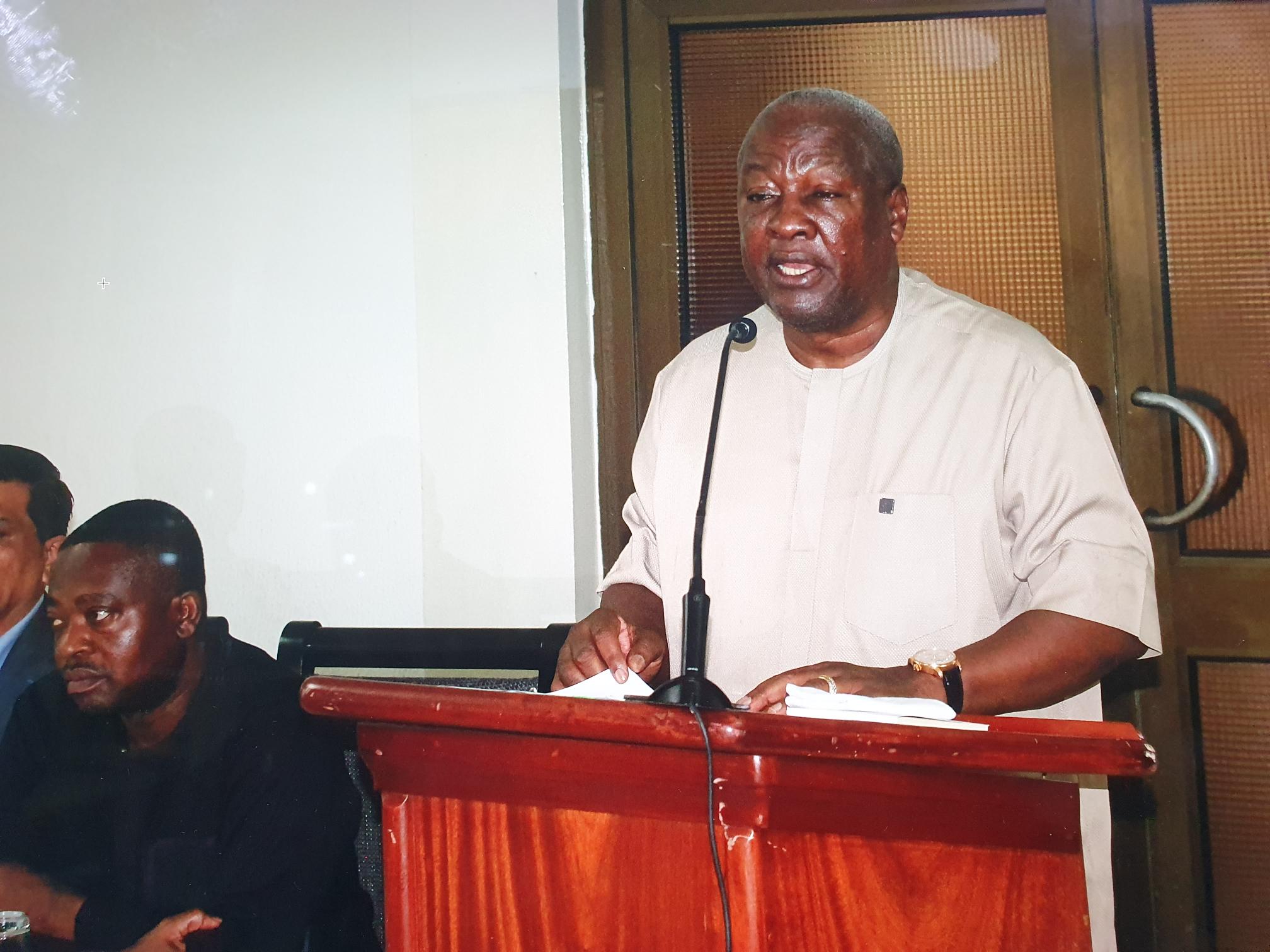
By Deborah Asantewaah SARFO
Panellists at the Strategic ESG and Sustainability Impact Summit 2024 (SESI 24) have noted that a successful implementation of any strategy – including Environmental, Social and Governance (ESG) observance – is heavily dependent on employees; and have therefore urged businesses to prioritise their welfare because they are the “drivers of strategy”.
Chief Risk Officer-United Bank of Africa (UBA) Ghana, Kenneth Owusu Asante Amponsah, explained that a well-crafted strategy cannot be easily achieved or implemented without people – emphasising the significance of prioritising employee’s well-being at the workplace.
“People drive strategy. That is the bottom-line. At the top level, you can have the nicest strategy and vision well carved-out; but you need people and employees to drive that. So, if the well-being of employees is brought to the forefront of discussions, then the strategy becomes something so simple to achieve,” he noted.
For his part, Managing Director-Fanmilk PLC, Lionel Parent, supported the idea of allowing employee’s well-being to take centre-stage in every business; highlighting some initiatives they have taken in that regard and their impacts on the company.
Mr. Amponsah added that deliberate actions are taken to attain a specific goal and ESG is not an exception; hence, businesses should see ESG as a ‘must’ to address climatic and environmental issues and not just a discussion or ticking the boxes of regulatory frameworks.
“We should more be enterprising and let ESG lead the discussion when it comes to strategy,” Mr. Amponsah reiterated, advising businesses to have a sustainable business module.
General Manager-ESG and Impact, Pan African Tower, Dr. Aluko Timothy indicated that for leaders to create a culture of innovation and sustainability, they must be visible; encourage and reward people for being innovative; develop an open mind for innovation; and figure out policies that support innovations.
He also noted that enterprises should build the capacity of their workers in the area of sustainability and not restrict such training to a specific group of people, because “ESG is not a department but rather a function that cuts across all departments”.
The summit is a premier platform designed to convene business leaders, policymakers, industry experts and sustainability practitioners to address urgent challenges and opportunities presented by the global transition to a net zero economy.
The post ‘Employee well-being critical for successful ESG strategy’ appeared first on The Business & Financial Times.
Read Full Story



















Facebook
Twitter
Pinterest
Instagram
Google+
YouTube
LinkedIn
RSS